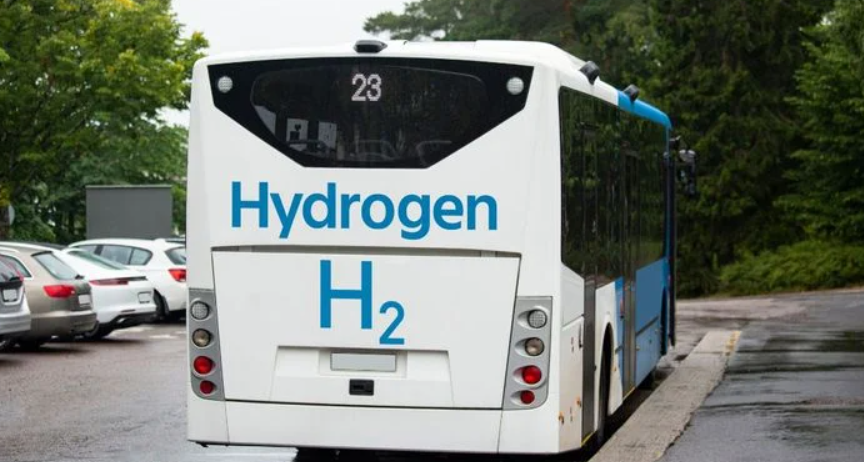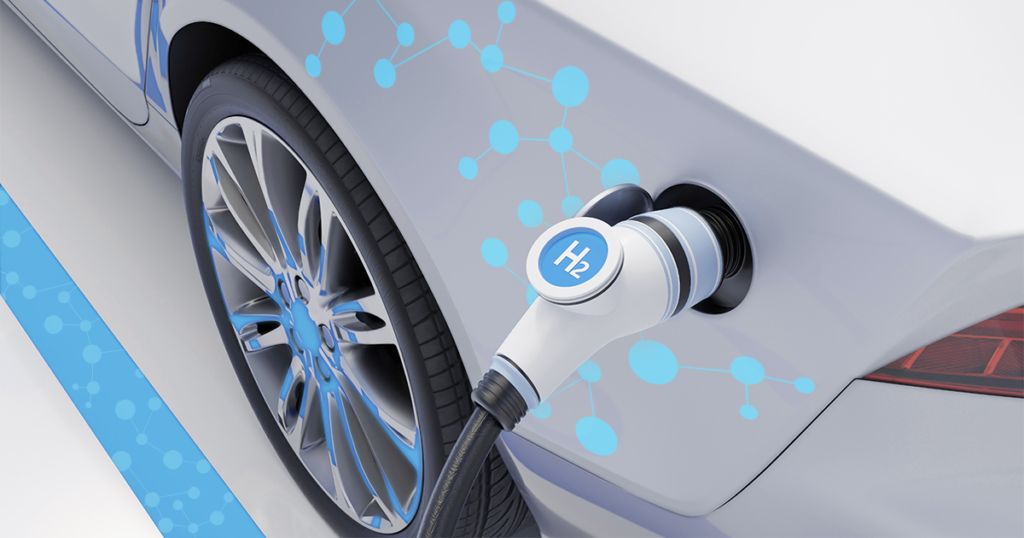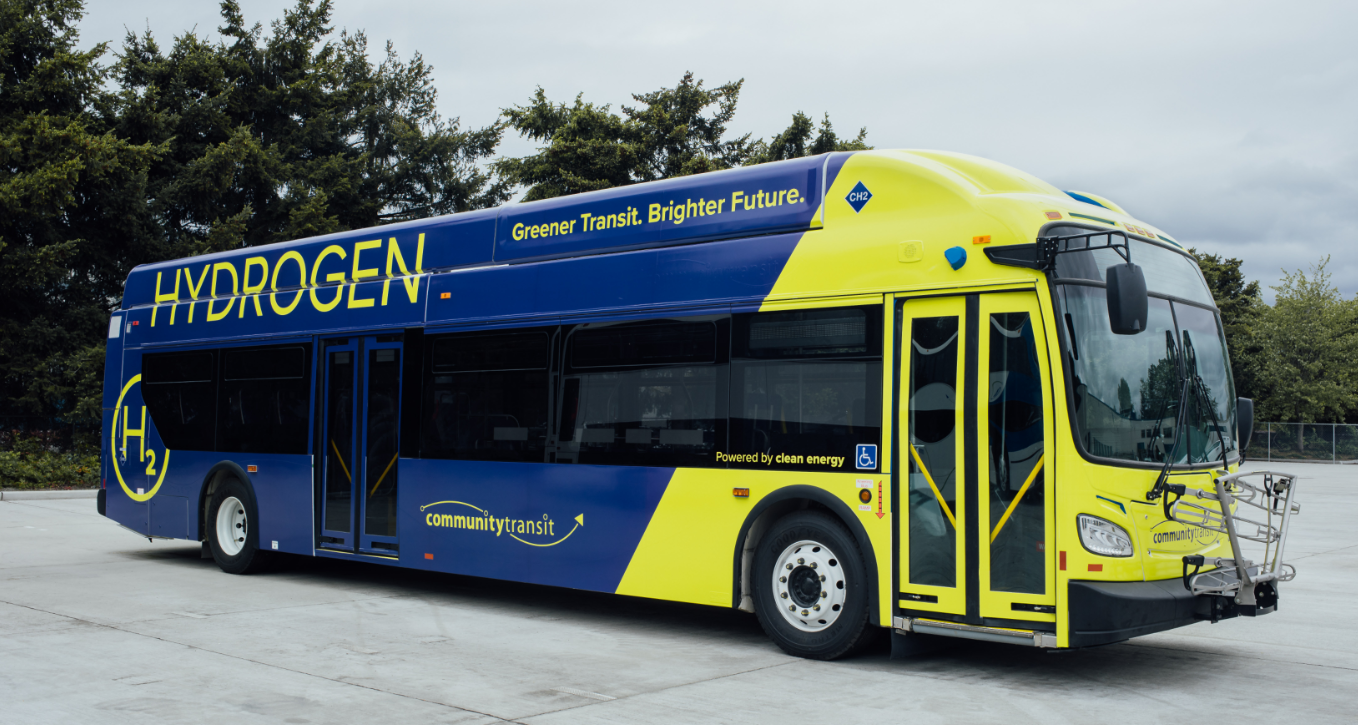Seattle’s King County Metro is taking another step toward a zero-emissions future by planning to test hydrogen fuel-cell buses. The agency aims to add up to four hydrogen buses to its fleet by 2026 as part of a pilot project.
Why Test Hydrogen Buses?

The pilot project will help Metro understand how hydrogen fuel-cell buses perform and whether they can complement the current fleet of battery-electric and trolley buses. These buses have the potential to benefit riders, reduce air pollution, and combat global climate change.
“While providing high-quality service every day, we’re also leading the way to a zero-emissions future,” said Metro General Manager Michelle Allison. She added that Metro is working with public and private partners to develop and test sustainable technologies.
A History of Sustainability
King County Metro has long been a leader in adopting green technologies. In 2004, it became the first public transit agency in North America to use diesel-hybrid buses. By 2020, it had retired its last diesel-only buses.
The agency introduced 40 battery-electric buses from New Flyer in 2022 and plans to add 89 more from GILLIG starting in 2026. Metro’s experience with advanced technologies has prepared its employees to manage new innovations like hydrogen fuel-cell buses.
Benefits of Hydrogen Buses

One key advantage of hydrogen buses is their extended range. While battery-electric buses can travel up to 220 miles, hydrogen buses can go up to 300 miles. This makes them especially promising for all-day, high-frequency routes.
By testing hydrogen buses, King County Metro aims to more sustainable options for public transit while continuing to provide reliable service to riders.

